14 Celebrity Transformations That Left People Speechless

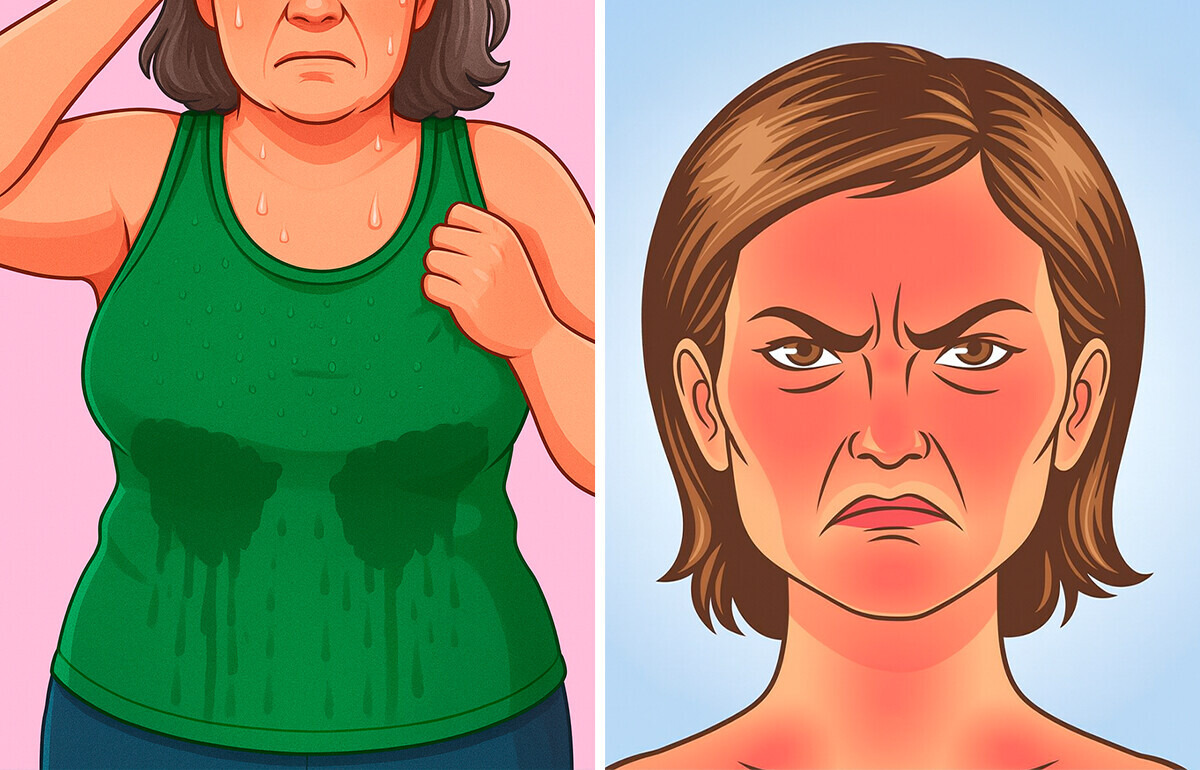
Menopause is often portrayed as a time of hot flashes and mood swings — but in reality, it’s a far more complex transition. For many women, this phase brings along a variety of unexpected symptoms that can be confusing or even alarming.
If you’ve ever caught yourself wondering, “Is this normal?” you’re not alone. These lesser-known effects of menopause are surprisingly common, yet rarely discussed. Let’s dive into some of these unusual changes — and more importantly, how to manage them with confidence.
DISCLAIMER: THIS ARTICLE IS FOR INFORMATIONAL PURPOSES ONLY AND DOES NOT SUBSTITUTE PROFESSIONAL MEDICAL ADVICE. ALWAYS CONSULT YOUR DOCTOR FOR GUIDANCE ON YOUR HEALTH AND MEDICAL CONDITIONS.
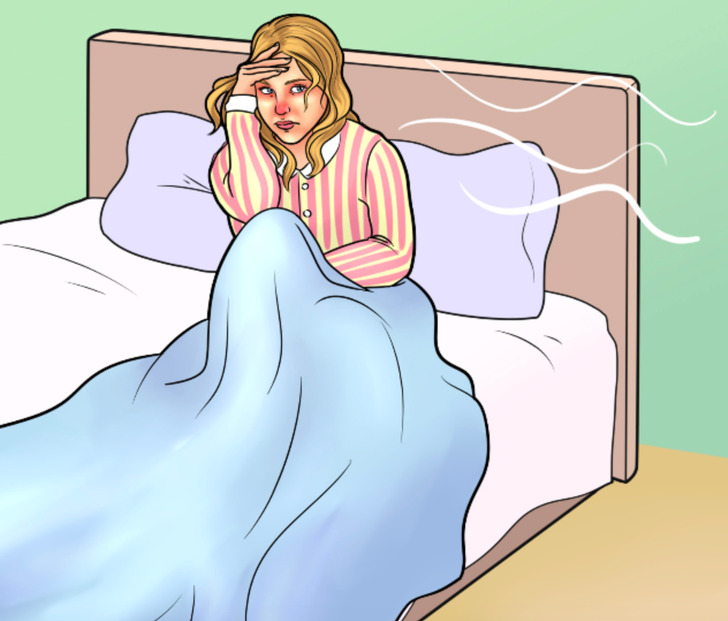
You may suddenly find that scents you once loved — like your favorite perfume or morning coffee — now feel overpowering or even nauseating. This hypersensitivity is caused by hormonal changes that can affect your sense of smell and how your brain processes odors.
How to handle it:
Fresh tip: Keep a small jar of ground coffee nearby — taking a gentle whiff can help “reset” your sense of smell when it’s overwhelmed.
Some women describe a sudden “zap” or tingling feeling, like a mild electric shock, in the head, chest, or limbs. Doctors believe this may be linked to fluctuating estrogen levels, which affect the nervous system’s electrical activity and neurotransmitter balance.
How to handle it:

A persistent burning or metallic taste in the mouth is another lesser-known symptom. Falling estrogen can alter saliva production and the sensitivity of oral nerves, leading to a scalding or dry feeling.
How to handle it:
Menopause can sometimes bring on or worsen ringing, buzzing, or hissing in the ears. Estrogen plays a role in maintaining healthy blood flow and nerve function in the inner ear; its decline may disrupt this balance.
How to handle it:
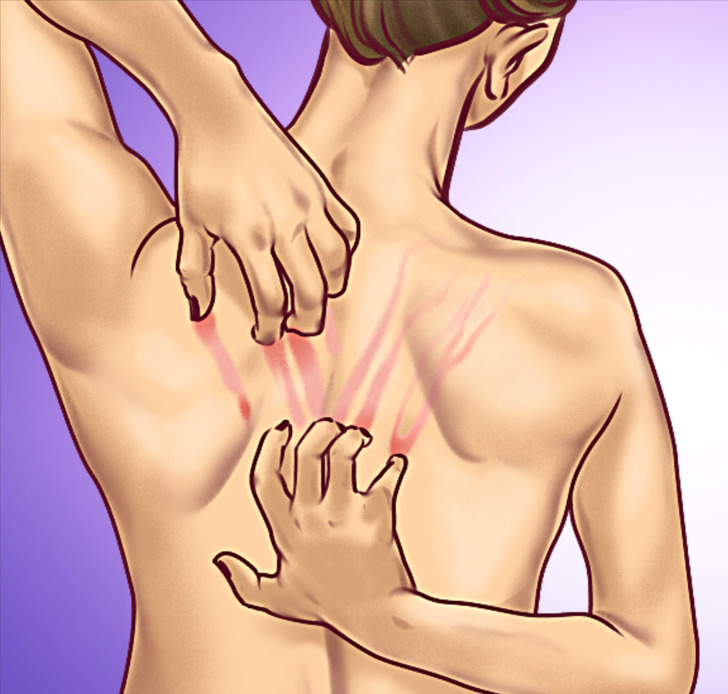
When estrogen levels drop, the skin produces less collagen and natural oils, making it thinner, drier, and more sensitive. This can cause persistent itching or even a crawling sensation known as “formication.”
How to handle it:
Use gentle, fragrance-free moisturizers twice daily.
Drink plenty of water to keep your skin hydrated from within.
Add omega-3 fatty acids and vitamin E to your diet to support skin elasticity.
Avoid hot showers that strip away natural oils.
Use a humidifier during dry seasons to add moisture to the air.

As estrogen levels drop, many women notice changes in how their body stores fat. Weight tends to shift toward the midsection, even without significant dietary changes. This isn’t just a cosmetic issue — it’s a natural response to hormonal adjustments that slow metabolism.
How to handle it:
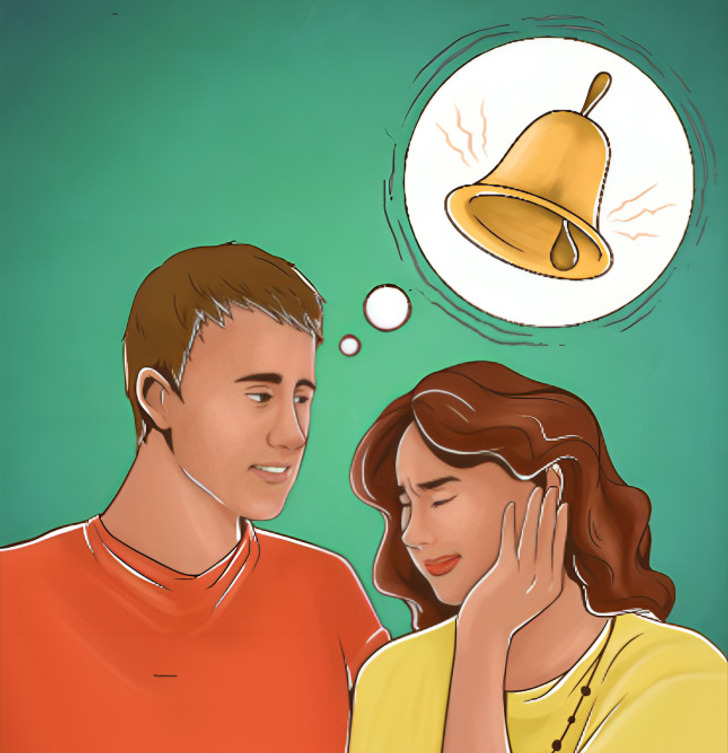
Suddenly, everyday sounds — traffic, dishes clinking, or even background chatter — might feel irritatingly loud. This heightened auditory sensitivity is another result of hormonal fluctuations affecting the auditory system.
How to handle it:
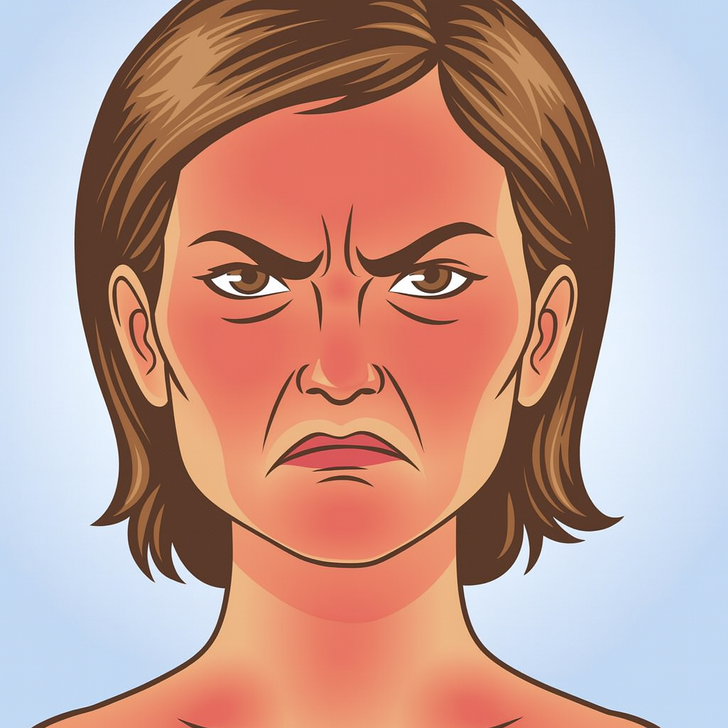
Some women develop new allergies or intolerances during menopause — from food sensitivities to mild skin rashes. Shifting hormone levels can influence immune function, making the body react differently to common substances.
How to handle it:

A sudden change in hair texture or increased shedding can be distressing. With less estrogen, hair tends to become thinner, drier, and more fragile.
How to handle it:
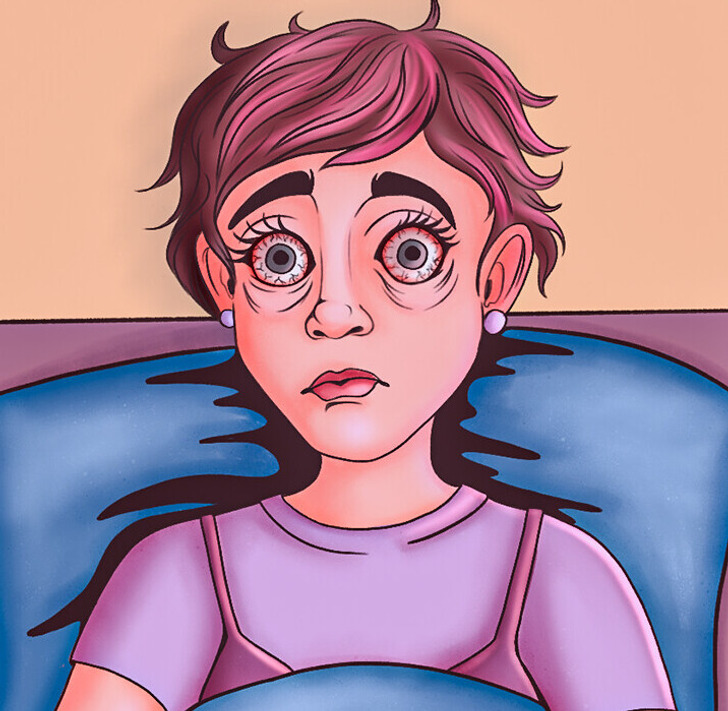
“Why did I walk into this room again?” Sound familiar? Many women experience brain fog — trouble focusing, remembering names, or staying organized. Hormonal dips affect brain chemistry and sleep, both of which impact cognition.
How to handle it:

Though breast tenderness is often linked to menstruation, it can also appear during menopause due to hormonal fluctuations. Some women notice a heavier or more sensitive feeling in the chest.
How to handle it:
Hormonal changes can disrupt digestion, causing bloating, indigestion, or even new food sensitivities. Estrogen influences gut motility and microbiome balance, so its decline can affect how food is processed.
How to handle it:
Menopause can surprise you in more ways than one — and some changes go beyond hot flashes or mood swings. In our next article, we’ll explore 9 unexpected body changes you might notice during this time and what they really mean.











